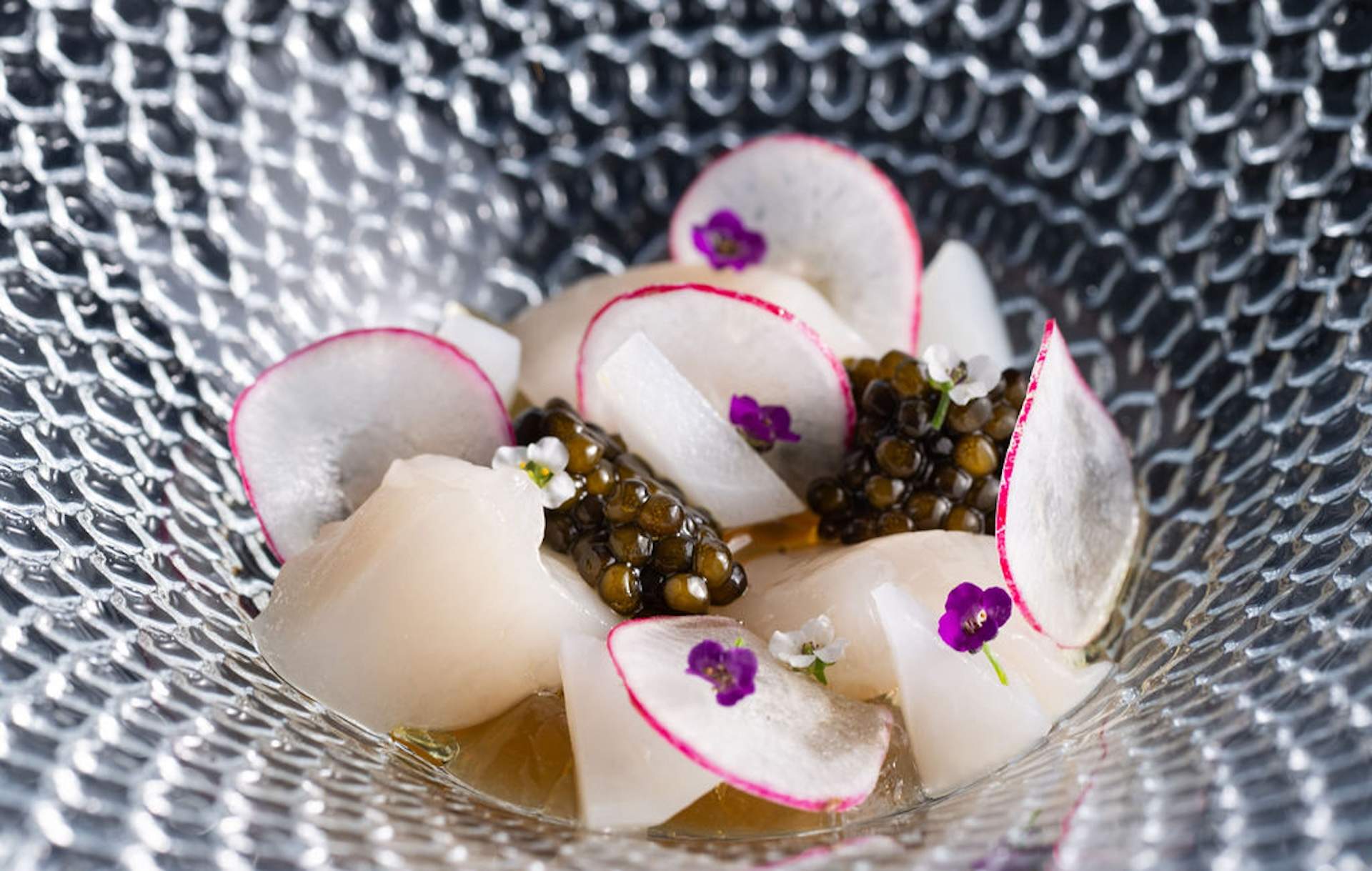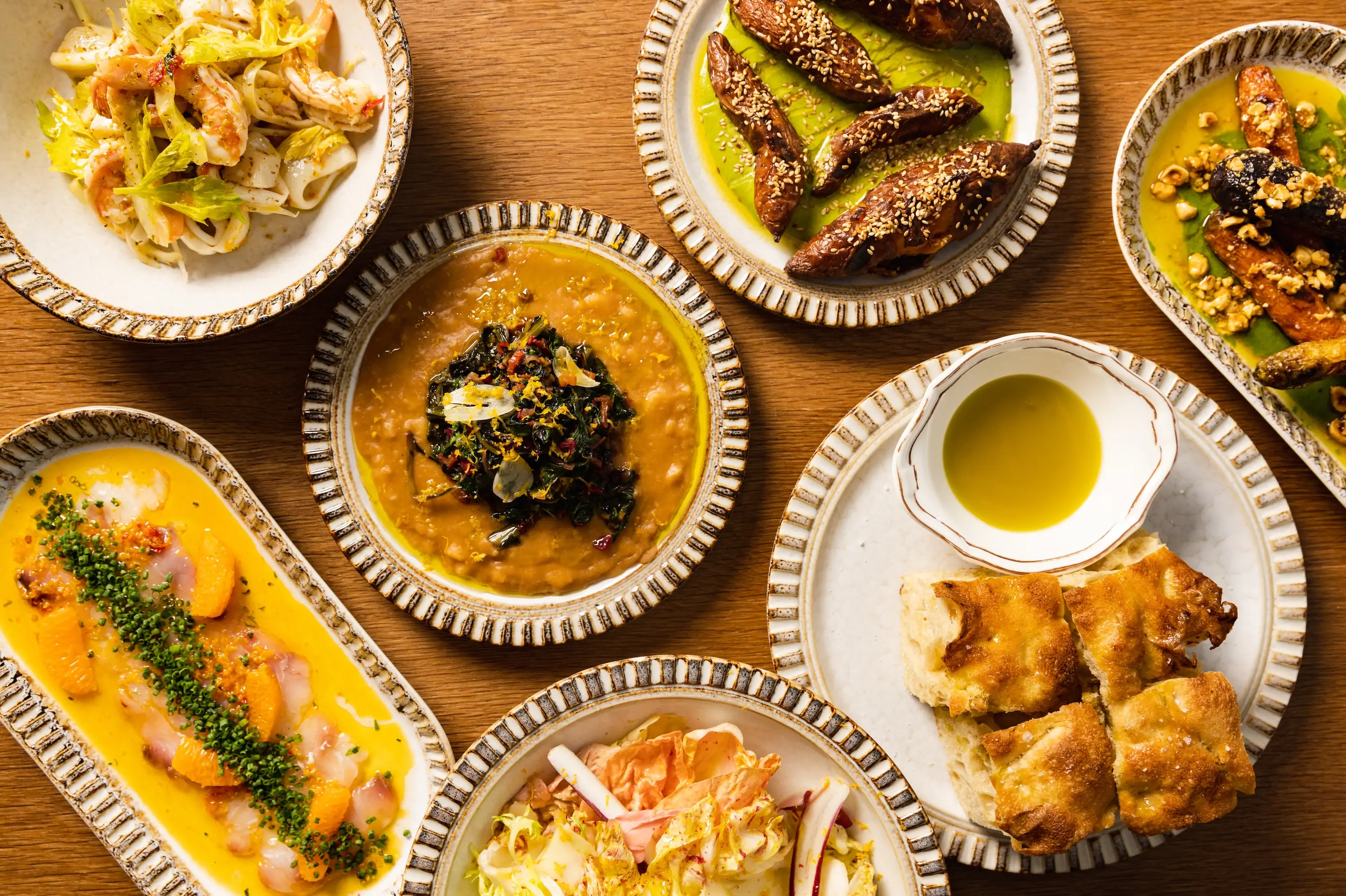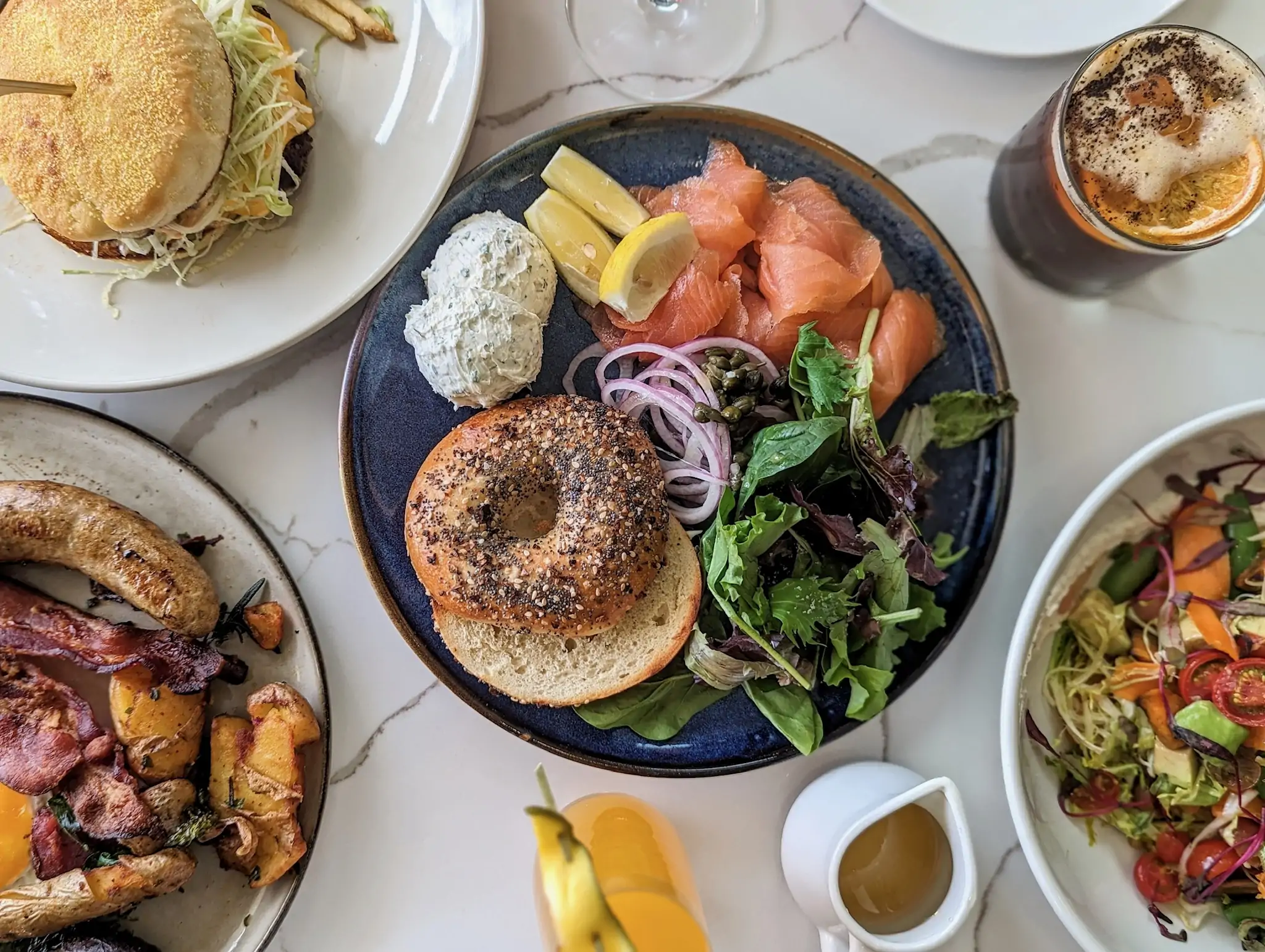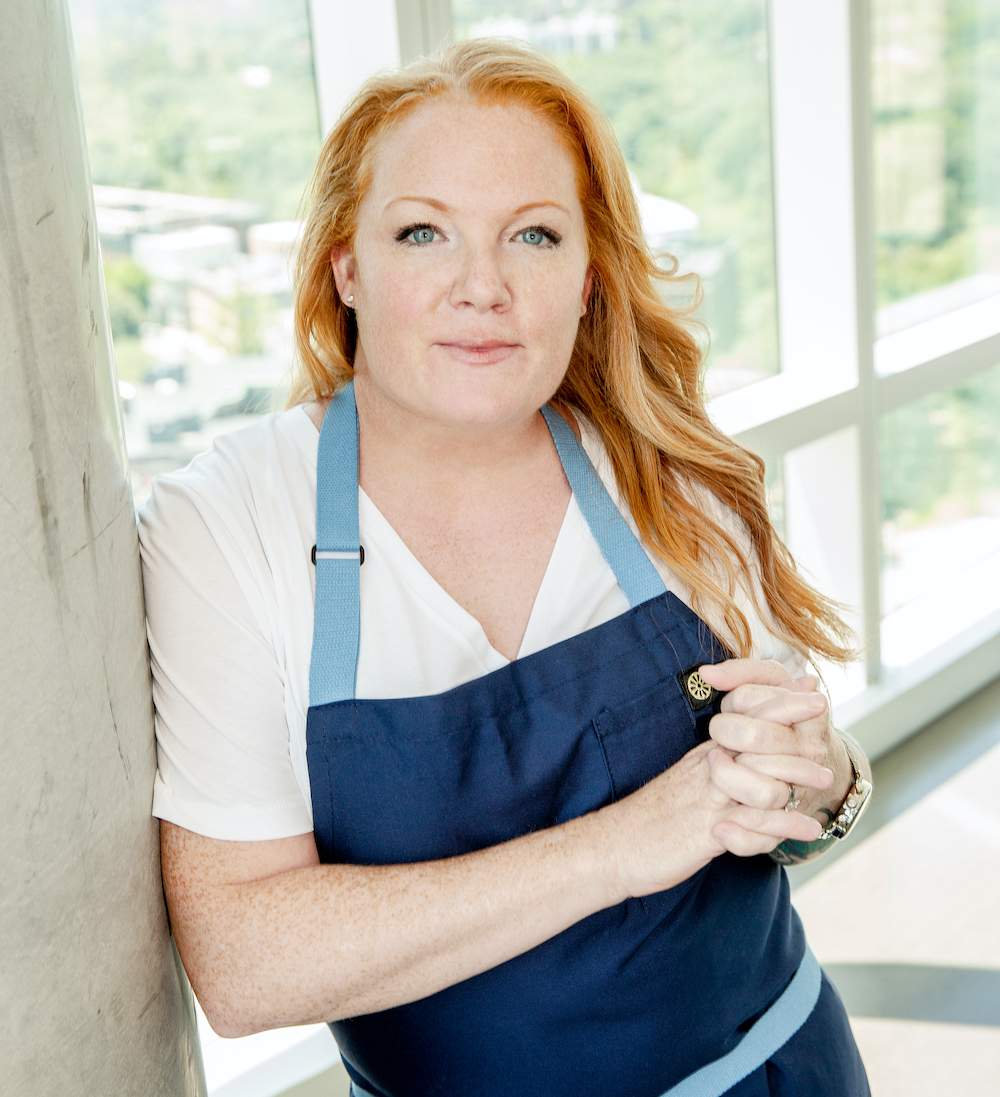
The coronavirus pandemic has shown that for restaurants, community comes first – including staff, guests, and professional peers. Operators are quick to stand in solidarity and share struggles and successes. As part of OpenTable’s partnership with Top Chef’s Restaurant Wars, we tapped into that spirit of generosity, asking chefs to tell us about the ups and downs of their careers: lessons learned, mistakes made, and their personal evolution along the way. Hear their stories, get inspired, and find resources to help in uncertain times here.
Tiffani Faison joined Top Chef in Season 1, straight off of a traditional (and star-studded) career path that included jobs with Todd English, Daniel Boulud, and Alain Ducasse. She and her Season 1 peers had no idea the show would achieve the immense popularity it did. Faison finished the season as runner-up, but, as she tells us here, that was just the beginning of her education in the new, hyper-visible world of celebrity chefs.
Now the chef/owner of four Boston concepts – including barbecue spot Sweet Cheeks, snack bar Fool’s Errand, Italian Orfano, and Southeast Asian-inspired Tiger Mama – she’s navigating the restaurant scene with focus and humility. Here’s her journey.
What was the best advice you ever received?
Do the work. The only way around is through.
Is that the same advice you’d give to another chef opening their first restaurant?
That, and don’t buy your own hype, no matter how well you think things are going. The minute you feel like you’ve got it under control, you’re going to trip.
Is that harder to do once you have more visibility on a show like Top Chef?
I think it’s easier for me, honestly. Once you’re in the public eye – I start becoming much more critical of myself and making sure that I’m living my life the way that I want, being good to the people I work with, and keeping my commitments.
Are there any career tips you’d give your younger self?
I would have done my best to feel less competitive when I was younger. In some ways, I think my competitive nature is also one of the ingredients to the success that I’ve had, but you know, there’s room for all of us. You need to work your ass off and have a perspective – something you want to share with people in the world.
What was the most exciting moment in your career?
I don’t know that it’s been these big exultation moments of excitement for me. This can sound cheesy, but it’s more like days that you close the restaurant and the lights go out and you can’t believe that you’ve built what you built together with the people that you’ve built it with. People that met while working for you get married and have kids. Those quiet moments of pride are the most exciting for me.
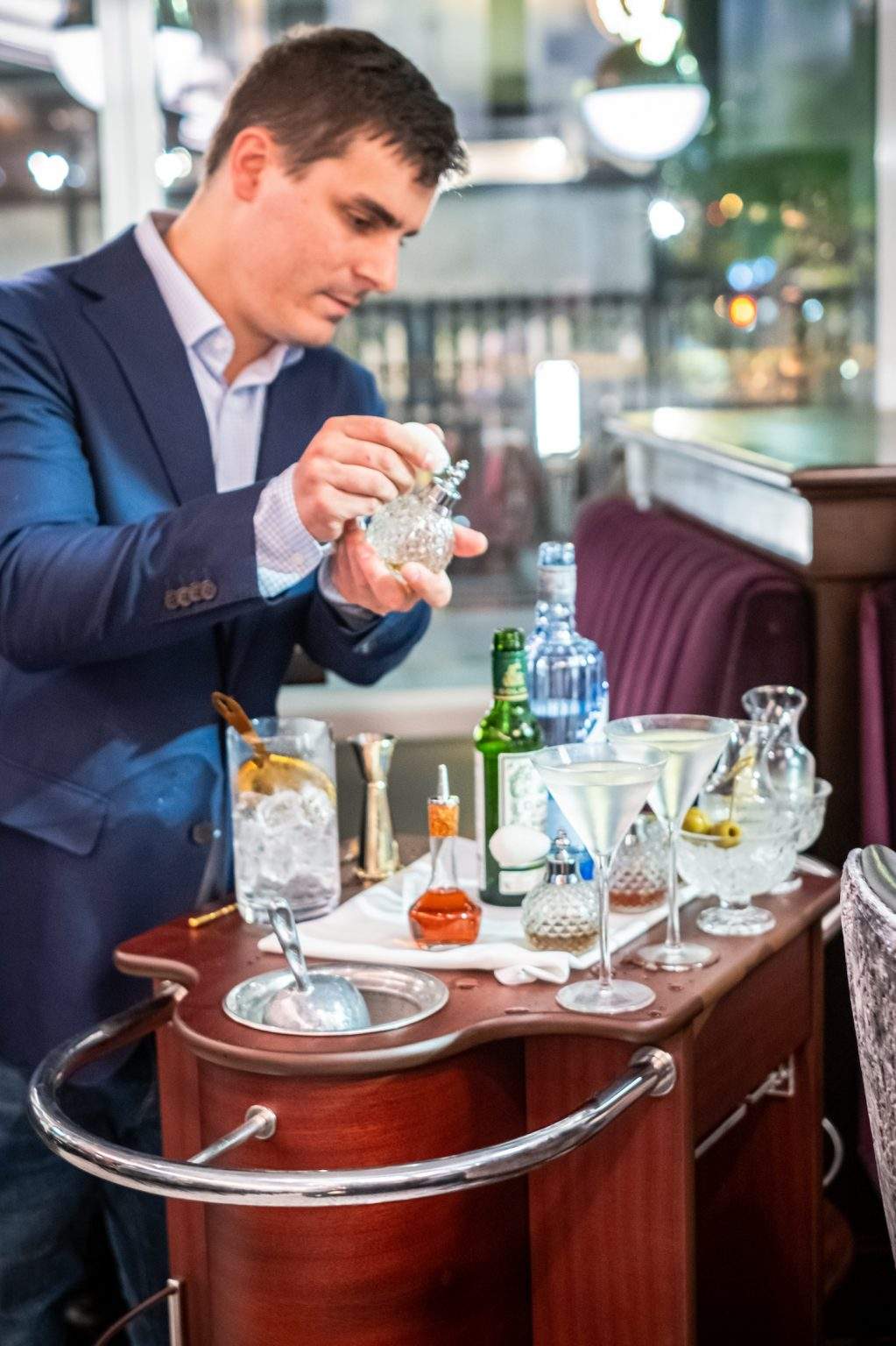
You worked under Daniel Boulud, Alain Ducasse, and Todd English. What were some of the most important things you learned from them?
Discipline, discipline, discipline. They were discipline factories. Not so much touchy feely, help you learn and move throughout your career type of places. But you learn how to beat the clock and get your shit done and be accountable for a gigantic prep list full of stuff.
Do you think that culture of discipline has changed?
Yes, no question. We have had to rethink kitchen culture in a lot of ways. Part of the rethinking has been positive, to build environments that younger generations want to work in. There’s only so far and so hard you can push anymore.
It’s generational. It’s cultural, too. There’s been a lot of change in positive directions, but I don’t want that to be confused with the need to move your ass at lightning speed.
You were on the first season of Top Chef. Tell me that experience and finishing as runner-up. What did you take away from this total departure from what you were doing before?
It was a really difficult time in my life. I had come from kitchens that were very strict and full of discipline; It was not about how you feel, ever, at all.
At the time, I didn’t comport myself with the best behavior, and there were times I got edited personally. I had to take some personal inventory. I went on a 10-year apology tour trying to make sure people knew that I wasn’t actually the second coming of Satan.
Since then, you’ve opened four restaurants of your own. What are some of your biggest learnings as a chef-owner?
Delegation. Trusting people. Chefs are type-A personalities and like to control everything we can possibly control, from the biggest things – overhead, taking care of business deals – to the garnish that goes on a specific dish. I have had to slowly learn to start relinquishing some of that control. It’s really about working with the people on my team who are talented and allowing them to have their own vision, and we work together to create something that’s greater than the sum of our parts.
When you are going into a new concept, what kind of R&D goes into that? How do you decide what a restaurant should feel like?
It starts with being inspired. Tiger Mama was traveling through Southeast Asia frequently over the course of about five years. I completely fell in love and saw an opportunity in Boston. Same with Sweet Cheeks – that’s the food I grew up with and all my mom made at home. When I got homesick, I kept looking for that. Orfano came from missing cooking Italian food and having that culinary language.
Photo Credit: Tiffani Faison by Mike Diskin; food and beverage by JM Leach


